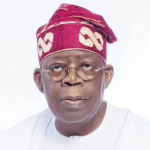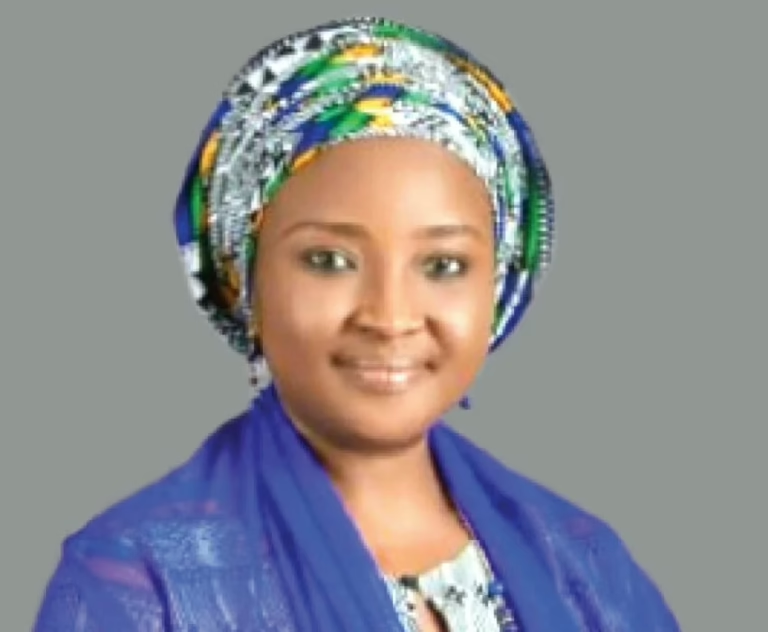In a country as expansive and multifaceted as Nigeria, the vitality, ingenuity, and perseverance of its youth stand as invaluable resources. With over 70% of the population under 35 years old, the National Youth Council of Nigeria (NYCN) serves as the central body uniting youth organizations nationwide. Since its inception in 1964, the NYCN has been instrumental in channeling youthful enthusiasm towards national progress, empowering millions of young Nigerians to actively participate in governance, policy formulation, civic duties, and the broader process of nation-building.
Throughout its history, the Council has been a beacon for youth activism, influencing critical policy decisions and nurturing leaders across various sectors. Given the contemporary challenges-ranging from unemployment and insecurity to cyber threats, economic inclusion, and political engagement-it is imperative that Nigerian youth advocate for leadership that is innovative, accountable, and attuned to the current socio-political landscape.
Embracing Leadership for a New Generation
The sheer size of Nigeria’s youth population underscores the urgent need to equip young people with the necessary resources, platforms, and opportunities to assume leadership roles. The NYCN plays a pivotal role in this mission, and its leadership must mirror the competence, diversity, and dynamism of Nigeria’s youth.
Despite the Northwest geopolitical zone being home to millions of energetic, creative, and politically aware young Nigerians, it has yet to produce a national president of the NYCN who has served a full four-year term. This region, however, has consistently been a powerhouse for youth mobilization, political activism, and social transformation. It is time to rewrite this narrative.
The Strategic Importance of the Northwest
The Northwest region encapsulates many of the challenges and prospects facing Nigerian youth. While grappling with issues such as unemployment, banditry, substance misuse, and high rates of out-of-school children, the area also boasts a strong tradition of political awareness, entrepreneurship, and civic participation.
A leader emerging from this region would possess an intimate understanding of the urgency to tackle youth restiveness-not merely through empty promises but through actionable strategies. Such a leader recognizes that when young people feel acknowledged and supported, they become architects of peace rather than contributors to conflict. They appreciate that genuine youth involvement is essential for fostering development, safeguarding national security, and sustaining economic growth.
Furthermore, as Nigeria’s political environment evolves and the youth vote gains increasing influence, the NYCN must serve as a guiding force, encouraging young Nigerians to engage thoughtfully-not as mere instruments in political contests, but as informed stakeholders shaping their destiny. A Northwest-born leader, deeply rooted in grassroots advocacy and youth empowerment, is uniquely positioned to fulfill this role.
Ahmad Rufai-Khalifa: A Dedicated Advocate for Youth Progress
In this light, Ahmad Rufai-Khalifa’s bid for the presidency of the National Youth Council of Nigeria is both timely and inspiring. A fervent champion of youth empowerment and national development, Rufai-Khalifa has devoted his career to advancing the welfare of young people at local, state, and national levels.
During his university years, he collaborated with peers to establish a student union government at Nile University, aimed at safeguarding student rights. He later served as a respected lecturer in universities across Adamawa and Kebbi states before joining the Transmission Company of Nigeria, where he continues to work. Throughout his journey, Rufai-Khalifa has led numerous youth-centered initiatives focusing on leadership training, entrepreneurship, digital literacy, civic engagement, and peacebuilding. His commitment stems from the conviction that every Nigerian youth deserves the opportunity to aspire, learn, and lead, irrespective of their background.
Beyond advocacy, Ahmad has been instrumental in bridging the gap between young people and policymakers, ensuring that youth perspectives are not only heard but acted upon. His exceptional ability to unite individuals across ethnic, religious, and political lines earned him recognition for selfless leadership from the Youth Wing of the Christian Association of Nigeria in Kebbi.
A common refrain among young Nigerians is that “the older generation doesn’t listen to us.” Rufai-Khalifa has effectively facilitated dialogues between youth and government officials, creating meaningful platforms for engagement. As a former NYCN state chairman, he organized interactive sessions with former Governor Atiku Bagudu and current Governor Nasir Idris, enabling youths to directly communicate with top government figures and decision-makers.
Building a Shared Future
Nigerian youth deserve a proactive, inclusive council that acknowledges their challenges and harnesses their potential for nation-building. Ahmad Rufai-Khalifa exemplifies these ideals.
The time has come for the National Youth Council of Nigeria to welcome fresh perspectives, courageous ideas, and inclusive leadership. Granting the Northwest region the opportunity to lead is not merely a matter of regional representation but a strategic move to empower millions of young Nigerians whose futures hinge on visionary and transformative leadership.
Ahmad Rufai-Khalifa represents a movement poised to transform the vibrant energy of Nigerian youth into purposeful action. I urge delegates to endorse this new chapter for the NYCN and, by extension, for the future prosperity of our nation.


















